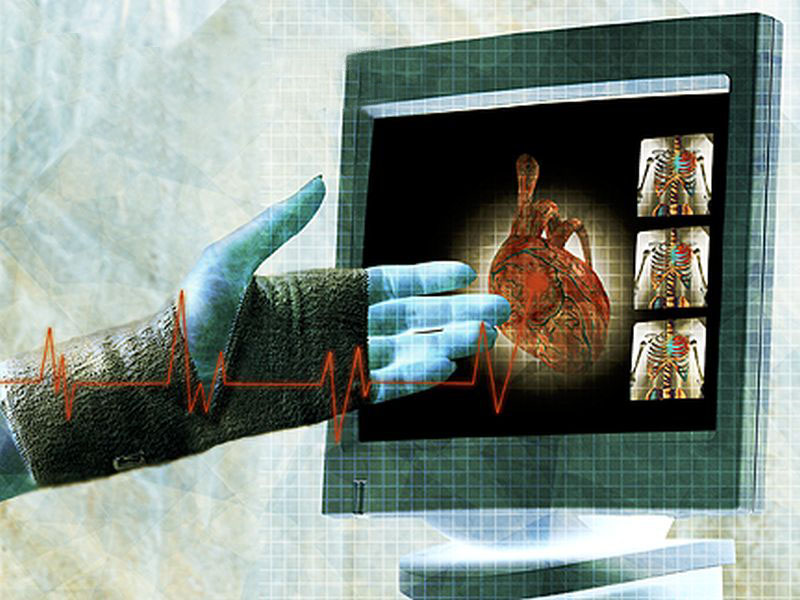
From plaque buildup to gum disease, bleeding gums can be a sign of many conditions. To treat bleeding gums, MedlinePlus recommends: Visiting the dentist every six months. Following your dentist’s homecare instructions. Brushing and flossing your teeth twice a day. Not using mouthwashes that contain alcohol. Following a balanced, healthy diet. Source: HealthDay

















